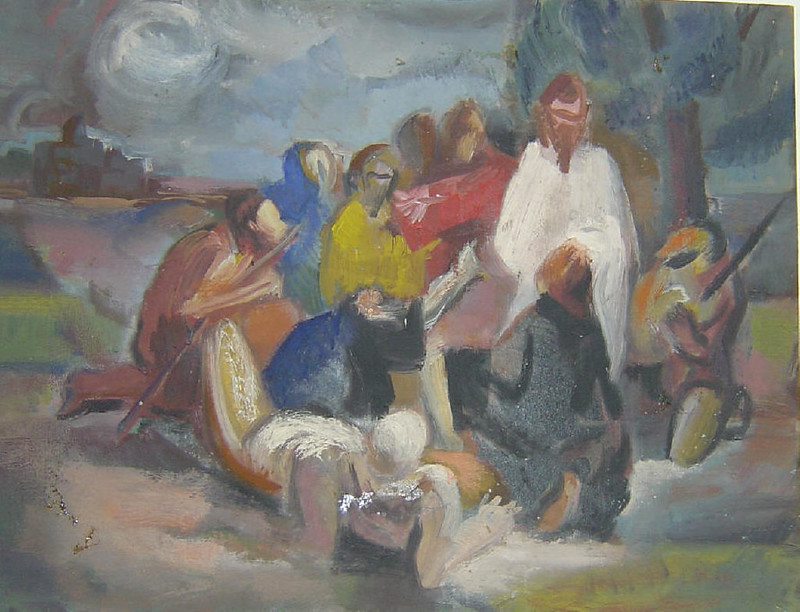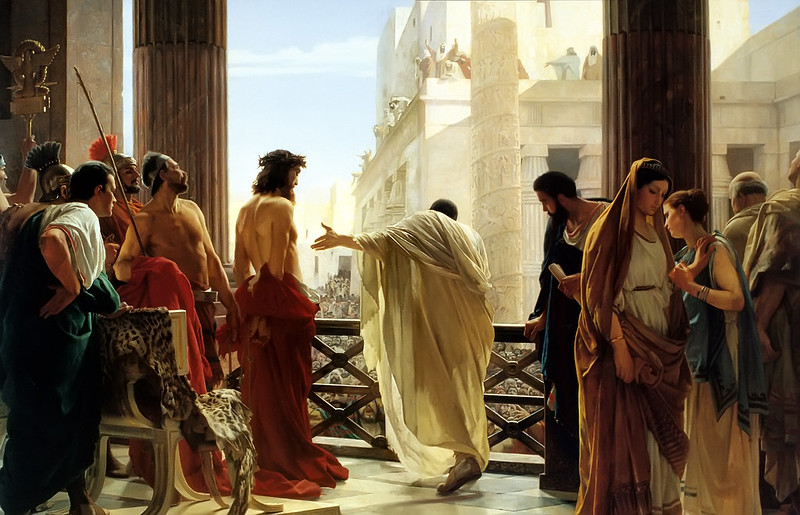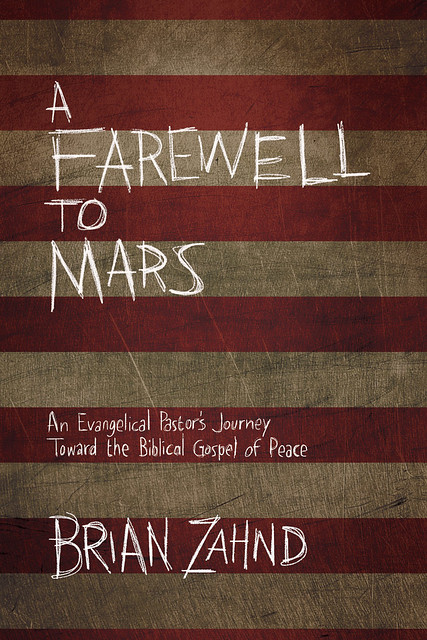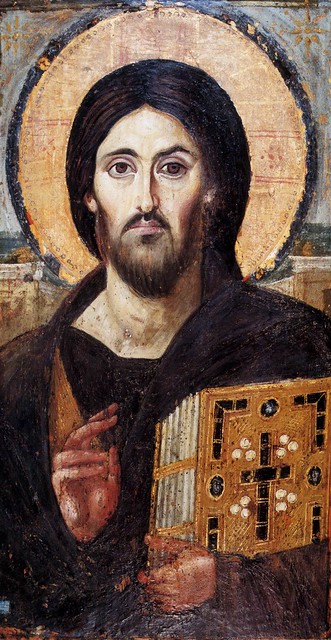A Farewell To Mars
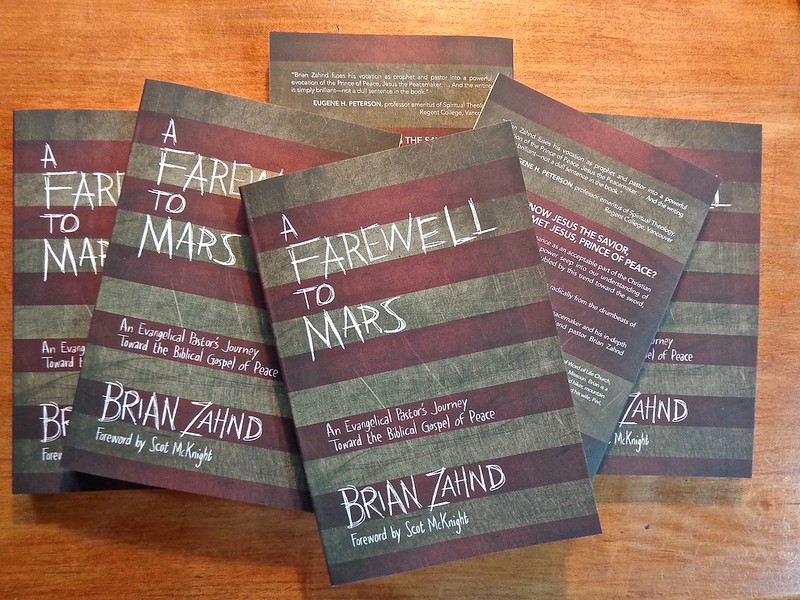
A Farewell To Mars releases June 1. Here is a taste from chapter eight.
____________________________________________
A Farewell To Mars
Brian Zahnd
Isaiah, in his prophetic poems, frames the Messianic hope like this: A Prince of Peace will establish a new kind of government, a government characterized by ever-increasing peace. Weapons of war will be transformed into instruments of agriculture. Swords turned into plowshares, spears into pruning hooks. Tanks turned into tractors, missile silos into grain silos. The study of war abandoned for learning the ways of the Lord. The cynic will laugh (for lack of imagination), but this is Isaiah’s vision. At last the nations will find their way out of the darkness of endless war into the light of God’s enduring peace. This is Isaiah’s hope. (see Isaiah 2:1-4; 9:1-7)
Christians take Isaiah’s hope and make a daring claim: Jesus is that Prince of Peace. Jesus is the one who makes Isaiah’s dreams come true. From the day of Pentecost to the present, this is what Christians have claimed. We claim it every Christmas. But then a doom-obsessed dispensationalist performs an eschatological sleight of hand and takes the hope away from us. On one hand, they admit that Jesus is the Prince of Peace who has come, but on the other hand, they say his peace is not for now … it’s only for when Jesus comes back again. Bait and switch. Yes, swords are to become plowshares … but not today. For now plowshares become swords; in our day, it’s war, war, war! They abuse Jesus’s prediction of the destruction of Jerusalem in the first century by always applying it to the latest contemporary geopolitical events. They replace the hope of peace with an anticipation of war! They find a way to make war a hopeful sign. Think about that for a moment! And here is the worst irony: It was precisely because Jerusalem failed to recognize Jesus as Isaiah’s Prince of Peace right there and then that Jerusalem rushed headlong into the war that ended with its own destruction!
Read more
